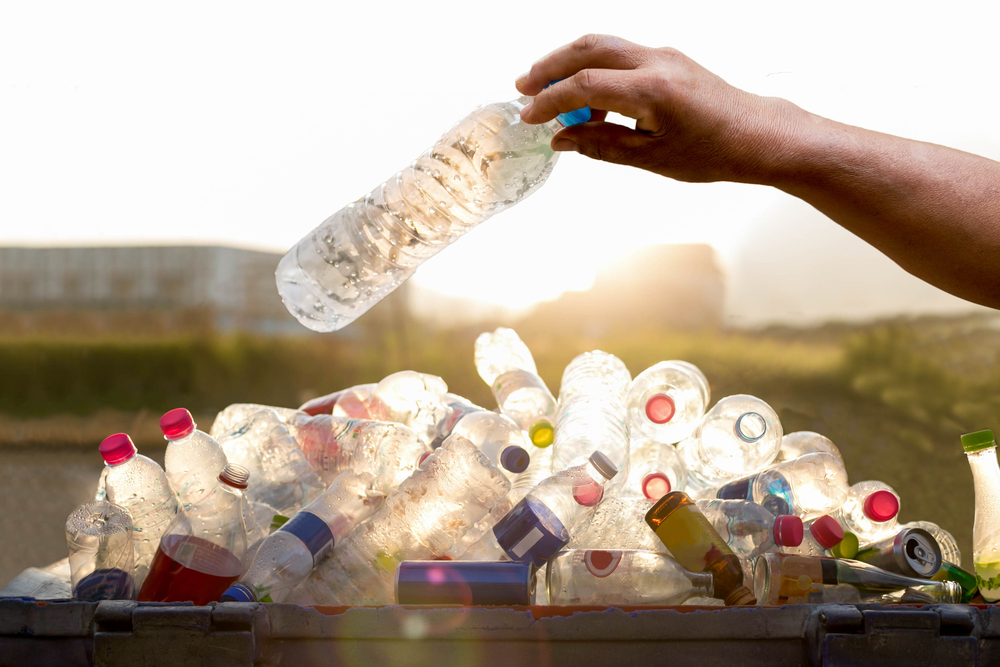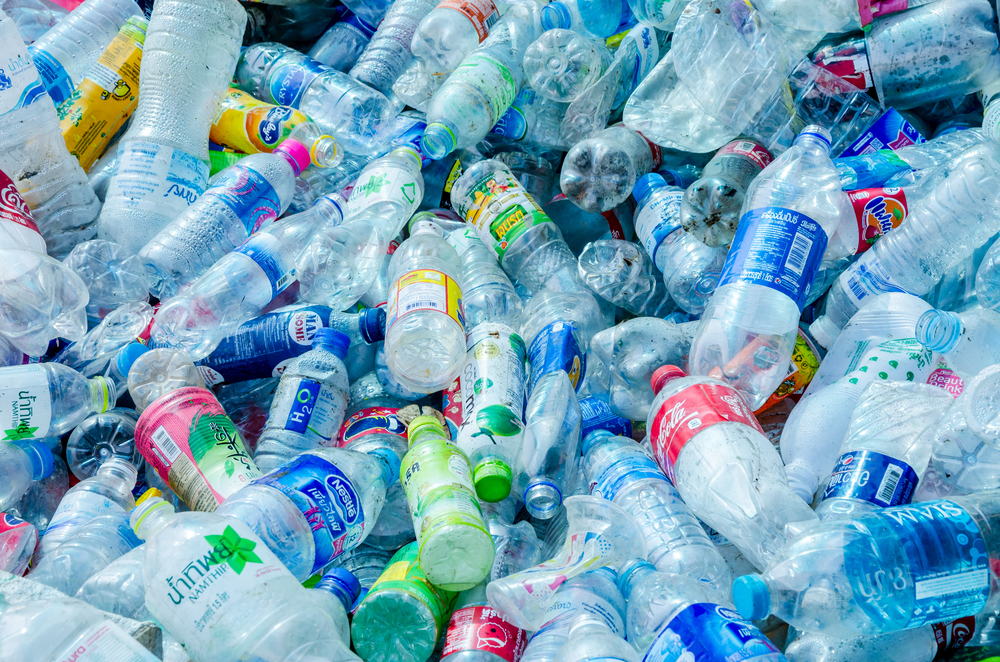Diligent Bottle Collector Earns 140,000 Shekels for Kollel Maintenance
For over a decade, former soccer player turned religious devotee Shlomo Chaviv engaged his colleagues in a bottle collection project. The goal? To establish and maintain the perfect coffee station at a kollel in Yehud.
 In the circle, Shlomo Chaviv (photo: shutterstock)
In the circle, Shlomo Chaviv (photo: shutterstock)For 40 years, Shlomo Chaviv worked as a clerk at Israel Aerospace Industries. During this time, he balanced his clerical work with a soccer career, playing for 'Hapoel Yehud,' which was in the top league at the time.
Initially distant from religion, Chaviv wasn't considering returning to it. When asked how he returned to faith 15 years ago, he chuckles awkwardly. "Honestly, I can't really explain it..."
His formal return to religion was preceded by frequent visits to Rabbi Rafael Zar's lectures, who had opened a kollel in Yehud. "I was at soccer practice when a friend suggested attending Rabbi Zar's lecture afterward," Chaviv recalls. "I agreed and went as I was, in my soccer clothes and shorts, to listen to the lecture."
Later, after fully committing to his faith, Rabbi Zar told him how he had warned his audience not to comment on Chaviv's shorts. Chaviv attended the kollel three more times in soccer shorts before realizing he might do well to change his clothing before the lessons.
"I decided that from then on, I wouldn't come straight from practice but would shower and change clothes beforehand, and that's what I did." He continued attending Torah lessons intermittently and eventually began observing Shabbat. From there, the progress was swift. "It wasn't easy with the whole family initially, but ultimately it worked out," he says optimistically.
Chaviv continued working at Israel Aerospace Industries, but soon conceived a new project. A friend suggested they collect the empty bottles from their department and use the money to buy sugar for the new kollel in Yehud. Excited, Chaviv embraced the idea. "At our plant, everyone who took a meal received a plastic drink bottle," he explains. They began collecting these bottles, but Chaviv didn't settle for just that. He searched for bottles everywhere. "It became an obsession for me. I'd go for a run and come back with thirty bottles. Go on vacation to Eilat and return with a bag of bottles. I became someone who looked for bottles everywhere."
 (photo: shutterstock)
(photo: shutterstock)Chaviv was fairly well known in the plant due to his soccer career, and when other workers saw him rummaging through trash for bottles, they wanted to know why. When he explained he was collecting for others, many joined the project.
The collection, which started small in Chaviv's department, quickly expanded. "During lunch break, we had a half-hour Gemara lesson," Chaviv says. "The one giving the lesson would mention while we were collecting bottles, asking anyone who could bring us some. We managed to gather several hundred bottles this way."
But that was just the beginning. Chaviv found a small unused storage room in the plant and began storing bottles there. Meanwhile, his coworkers, impressed by his dedication to the bottle collection project, began bringing him bottles from home. "People started bringing me bottles from all sorts of occasions. Had a party at home? They brought me the beer bottles, which had a recycling value of one shekel and twenty per bottle. They brought wine bottles, everything. I started reaching three thousand bottles a month."
Anyone who collects 1500 bottles or more can request the bottle collection company to visit them with a truck. Chaviv scheduled regular pickups with the company and received large sorting bags: one for cans, one for glass bottles, and another for plastic bottles. "I would sit and sort the bags people brought me," he recalls. "Often, they were mixed with garbage. Sometimes there was dirt, sometimes disposable utensils, and sometimes even cockroaches. But Hashem helped me keep going, and I managed to reach around 900 shekels a month. The company would deposit 900 shekels for me, but I always withdrew a thousand shekels for the kollel fund, so no error would inadvertently favor me."
 (illustration photo: shutterstock)
(illustration photo: shutterstock)What did Chaviv do with the money? He ensured a well-equipped coffee corner for the kollel attendees. "Every Sunday, I would bring them sugar, coffee, tea, milk, toilet paper, and tissues. I always emphasized that if anything ran out, they should call me even in the middle of the night, and I'd take care of it."
If that wasn't enough, Chaviv used the remaining monthly funds to support two needy families who couldn't afford basic supplies for their babies. Discreetly, Chaviv would buy formula and diapers and leave them without revealing his identity. "To make the most of the money, I always checked where I could buy the cheapest," he says. "When there was a sale on sugar, I'd buy 30 kilos and store it, thus significantly saving on expenses."
Did people know why you were collecting the bottles?
"Definitely. From the start, I explained that it wasn't for me, it was for Torah learners and the needy. I'd approach new workers and tell them what I was doing. I would bless everyone who brought bottles. My family also understood how important it was to me, and my older children started bringing me their bags of bottles."
Over the years of running this project, Chaviv says he's seen countless examples of divine assistance. "When the collection truck arrives, it doesn't wait, it hastily moves to the next address. But somehow, whenever it came, my boss didn't need me, or the rain had just stopped, and I always managed to load all the collected bottles onto the truck."
Recently, Chaviv took early retirement. His bottle collection continues, albeit on a much smaller scale naturally. However, the kollel has nothing to worry about. "I earned something like 140,000 shekels from bottle collecting over the years," he says with satisfaction. "All this money is kept in a special account, and I have enough to continue shopping for the kollel for the next ten years."

